It’s never a good time to be diagnosed with cancer, but June 10th, 2020, was among the worst. By that day, 7,454 people had died of COVID-19 in my state of Massachusetts.
After our governor declared a state of emergency on March 10th, my husband and I went into lock-down in our Boston suburb. This scuttled all plans for the future. On March 16th, I was supposed to have set off on a book tour, flying to New York, Washington, London, and Prague. But Boston, NYC, and DC shut down, my British editor came down with COVID and Czech publishing came to a halt.
My life did not change as radically as the lives of others. Patrick and I both continued to work from home and walk our dog. I followed Facebook posts of doctor friends with extra attention, and we listened to Chancellor Angela Merkel, New York Governor Andrew Cuomo, and Dr. Anthony Fauci.
Like thousands of others, we canceled routine dental and medical check-ups, including my pelvic ultrasound, scheduled for April 17th. I’m 72. OB/GYNs have followed my fibroids with pelvic ultrasounds for over 40 years. With COVID cases rising every day in Massachusetts, it seemed wise to cancel the latest one. Then, I had unexpected bleeding.
The Diagnosis
The surgery on June 25th seemed nothing compared to what was happening in the news.
On May 20th, when there were 1,045 new coronavirus cases in Massachusetts, I drove down an uncannily deserted I-95 to have tests. Fear of COVID had solved Boston’s famous traffic issues. The facility at Mass General West was as desolate as a Hopper painting. One entry point; a team of masked interrogators; no significant others allowed inside; Purell for the hands; fresh mask for the face; a demarcated route to the designated department. My test results showed an abnormally thickened endometrial lining and I was scheduled for a biopsy on June 5.
My fear of the endometrial biopsy overshadowed everything else that week. I prepared for it with painkillers and a sedative, and asked my husband to drive me. By then, new COVID cases in Massachusetts had dropped to 494, but traffic was still sparse and the parking lot deserted. The biopsy was excruciating, but I was so relieved it was behind me that I didn’t ruminate about the results.
Instead, as my husband set up a spreadsheet tracking COVID across the world, I followed media coverage of the murders of black men and women by police officers nationwide. My gynecologist is an immigrant of Nigerian parentage; her assistant, whose hand I clutched during the biopsy, from Haiti. I’ve known both women for a while, but June 5th was the first time I connected police violence to them and thought seriously about how often the five African-American kids—now young adults—I watched growing up on my street were routinely stopped. On June 3rd, we joined hundreds of our neighbors taking a knee for George Floyd on a mile-long section of Massachusetts Avenue that was part of Paul Revere’s midnight ride in 1775.
Then, on June 10th (267 news cases in Massachusetts), my gynecologist gave me the diagnosis of endometrial cancer and sent me to a surgeon at Mass General in Boston.
Read More: What to Do (and Say) When a Friend Is Sick
The Context
Getting diagnosed with cancer was a shock, but the twin pandemics (COVID and police violence) provided context. I found I had coping skills. The book I was promoting was my mother’s memoir of surviving racial and political violence, and typhus. By June 12th, my priorities were very clear. I was focused on living each day, while maintaining close contact with family members and friends in more stringent lockdowns in Italy, France, Czech Republic, Argentina, Israel and California. Some 7,538 people in Massachusetts had died of COVID by then and more than 118,000 across the United States.
Cancer has been around since ancient times and is far better understood. Waiting for surgery seemed less stressful to me than the challenges for many people, losing their jobs, homes, savings, and facing unchecked domestic violence and food insecurity. Dozens of my friends have been living with cancer for years and worried far more about COVID contagion. A Manhattan friend with leukemia traverses Central Park for chemo, having to dodge mask-less joggers and cyclists. Now I became one of the millions of other people sharing her vulnerability and anger as the Trump administration and its enablers downplayed COVID, touted the benefits of bleach, and mocked the wearing of masks.
On June 12th, my husband drove me to downtown Boston for my appointment with the surgeon. COVID was moving west, and there were “only” 392 new cases in Massachusetts that day, but there was still little traffic. People with heart problems, cancer, and other serious conditions had stopped coming to hospitals. At Admissions, there seemed to be more staff than patients.
The Plan
I was the only person in the elevator to the oncology floor at 10:00 AM. I walked down a corridor that was like an airport terminal at midnight, with a long row of empty seats looking out over a deserted city. Halfway to the waiting room, a woman stopped two feet away from me. Through her mask, she blurted out that in March she had been on the operating table prepped to go, when her cancer surgery was abruptly canceled. COVID, I thought, had worn down even fabled Yankee reticence.
My husband had been told to drive to the top floor of a garage where there was internet access. I texted him photos and updates: a handful of patients in a waiting room meant for 50; the quick check-in and blood draw and chest X-Ray, and EKG. Half the 90 operating rooms were inactive. For the first time, I worried about technicians’ faces close to my own and how many hands affixed tubes and tabs to my skin.
Our conversations were, I thought, more intimate than usual. A white male nurse described his spleen surgery just prior to the lockdown. He and his pregnant wife had deliberately scheduled it before her due date, but the pandemic had complicated plans. His immune system was weakened but he felt safe inside the hospital. Mass General was a kind of oasis where a community of informed, responsible people thrived. But a South Asian technician noted the problem getting to work if you couldn’t walk or commute in your own car. She tried to distance herself from other passengers on public transportation, but someone inevitably sat down right next to her. And the line at Starbucks was dicey, with some customers refusing to wear a mask. Getting a latte had become a risk.
Lying hooked-up to an EKG machine in a hospital, you get how fragile and interconnected the web of daily human interactions is and how a person you don’t know exists can unwittingly threaten your life. Even in educated Lexington, some people walk or run on narrow paths in the woods without masks, and dog-walkers let their dogs off-leash, then run after them and argue when asked to obey the law. After Central Park birdwatcher Chris Cooper video-recorded his incident with a dog-walker, I began bringing my iPhone with me to the woods.
Maybe because there were so few patients, my June 12th meeting with the surgeon (white, wearing mask, face-shield, and cowboy boots) recalled unhurried doctor appointments in the pre-HMO 1950s. Then, with my husband on speaker phone we discussed the details of surgery, scheduled for June 25th. My uterus, fibroids, fallopian tubes, ovaries, cervix and appendix would be removed by a laparoscopic procedure. I would have general anesthesia and a breathing tube. The operation would take three to four hours, with an additional three to four hours recovery time.
The Surgery
My wellbeing—and the wellbeing of us all—depends on a fragile web of strangers and friends.
I had two weeks to prepare. I organized my house and garden and a group email list. I continued to follow the course of COVID and the protests. I talked to friends, walked my dog, listened to music, and caught up on as many movies and operas as I could (including the movie of Hamilton). I stayed steady until June 23rd, when the prospect of the compulsory pre-op nasal swab for COVID unnerved me. On June 23rd, when there were only 229 new cases of COVID in my state, I was so nervous that I asked for a wheelchair to get from the parking lot to the testing tent. Two girlish technicians in PPE suggested I stay in my car instead. I held my husband’s hand. It was unpleasant but quick, and luckily, Dr. Fauci was testifying before Congress and on the car radio.
The surgery on June 25th seemed nothing compared to the news. On that day, the U.S. had set another record for new coronavirus cases, some 40,000. The daily death toll was about 700. CDC Director Robert Redfield estimated that at least 24 million Americans had been infected. Just before midnight, the Department of Justice filed a brief asking the Supreme Court to invalidate the Affordable Care Act, part of a decade-long Republican crusade. The Trump administration was urging states to reopen, people to go back to work, and rejecting the use of masks.
The Aftermath
Waking up in Mass General on June 26th, I was grateful to be in a world-class hospital, with a comfortably multi-cultural staff, in a state whose governor and Congressional delegation defend science. For the next week, I spent hours online. How did people in the pandemic of 1918 manage without it?
By July 10, when we drove back into Boston for a follow-up, new COVID cases in Massachusetts were down to 213, but surges in the South and Southwest had pushed the number of new cases in the United States to 71,000. Florida alone reported 11,433 new cases—making it a new hotspot—but its Republican governor declared he would not slow down Florida’s reopening. Disney World was throwing open the doors to its Magic Kingdom and a mask-less President Trump was holding a fundraiser in Miami.
Only patients—still no significant others—were being allowed into Mass General in the fifth month of the pandemic, and there was no one in the elevator with me when I took it up to the still deserted oncology floor. With my husband listening in from the garage roof, the surgeon gave me the results of my procedure. The good news was that I have Stage 1A endometrial cancer, caught very early. The bad news was that I would be returning to Mass General for six cycles of chemotherapy that would take me well past Election Day 2020.
The Priority
I was lucky that my gynecologist insisted that I have a biopsy during the COVID epidemic. I was lucky that the cancer was caught early, that it is well-studied. But my wellbeing—and the wellbeing of us all—depends not just on luck but on a fragile web of strangers and friends. It depends on responsible political leaders who prioritize the public good over their re-election prospects and on my journalist colleagues, some of whose work has come to resemble the propaganda of the Soviet era more than investigative reporting. Most of all, it depends on Americans who shrug off inconvenience and observe the social distancing and masking measures that have defeated COVID-19 in other countries.
As I start chemotherapy, I feel a kinship with Ruth Bader Ginsberg who has been through this drill before. I think about my favorite parts of American history, for example the tradition of communal barn-raising, whose products still dot parts of rural America. They are a vestige of the community spirit and mutual aid once accompanied our vaunted individualism. As I rely on the kindness of strangers and friends, I hope that great American tradition of co-operation and concern for others will once again prevail.
***
Journalist Helen Epstein has published ten books of non-fiction, most recently editing her mother Franci Rabinek Epstein’s Franci’s War.

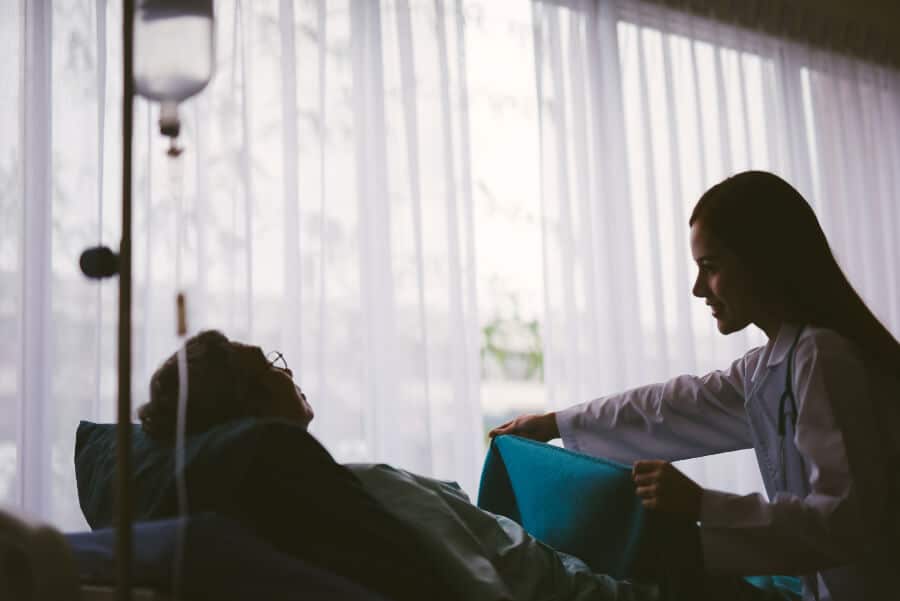
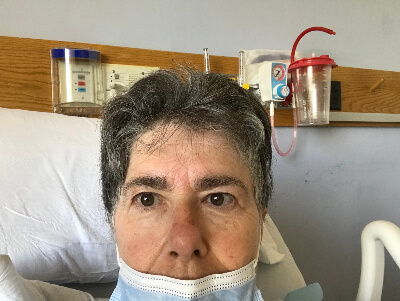
















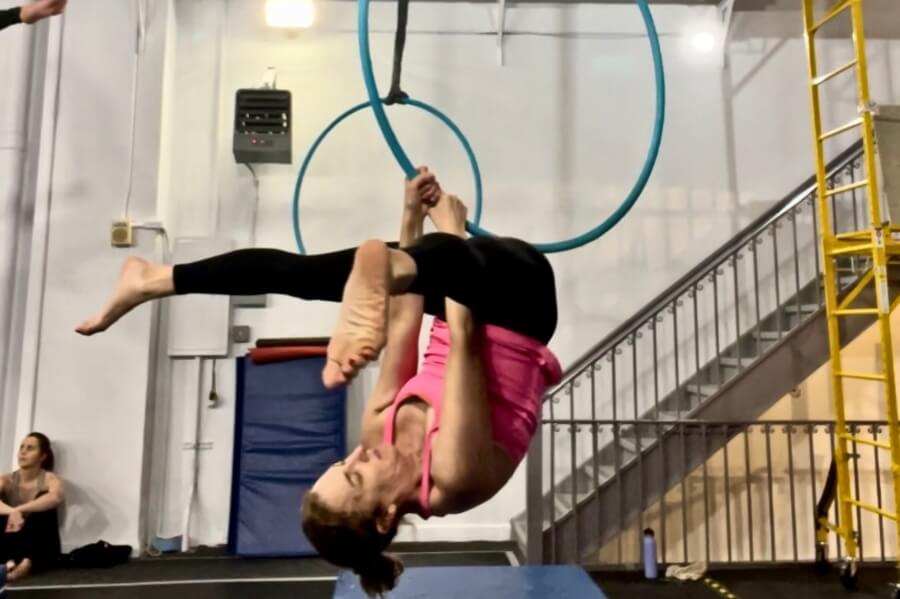
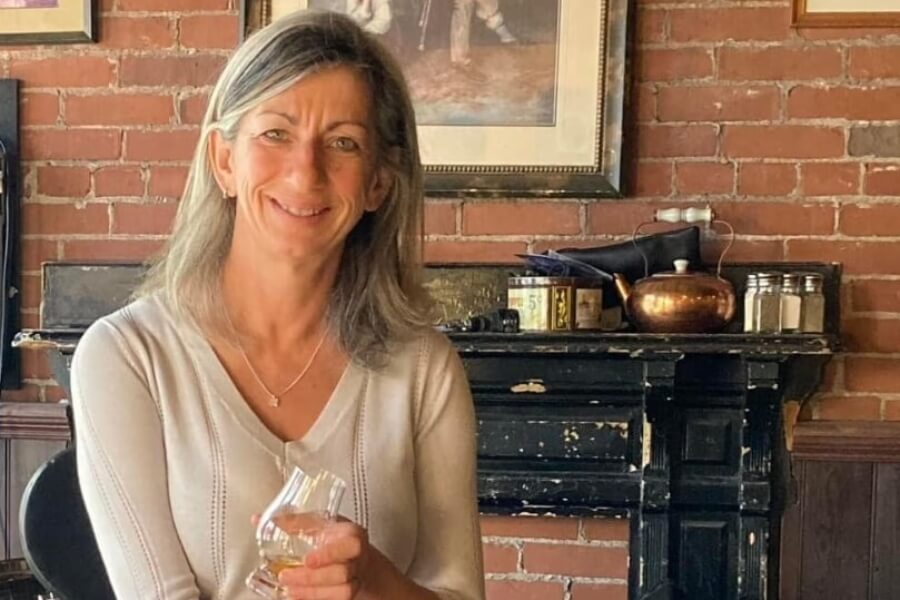
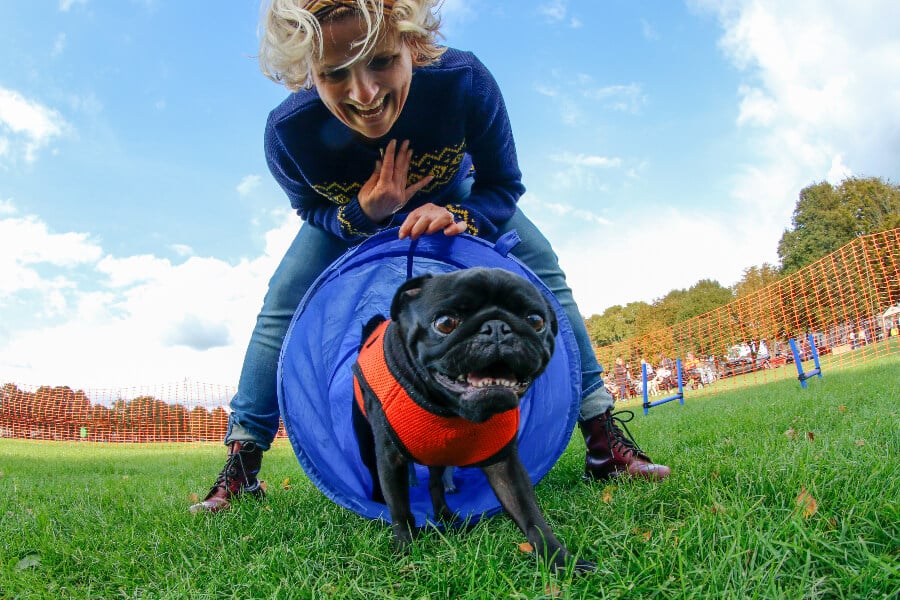
0 Comments